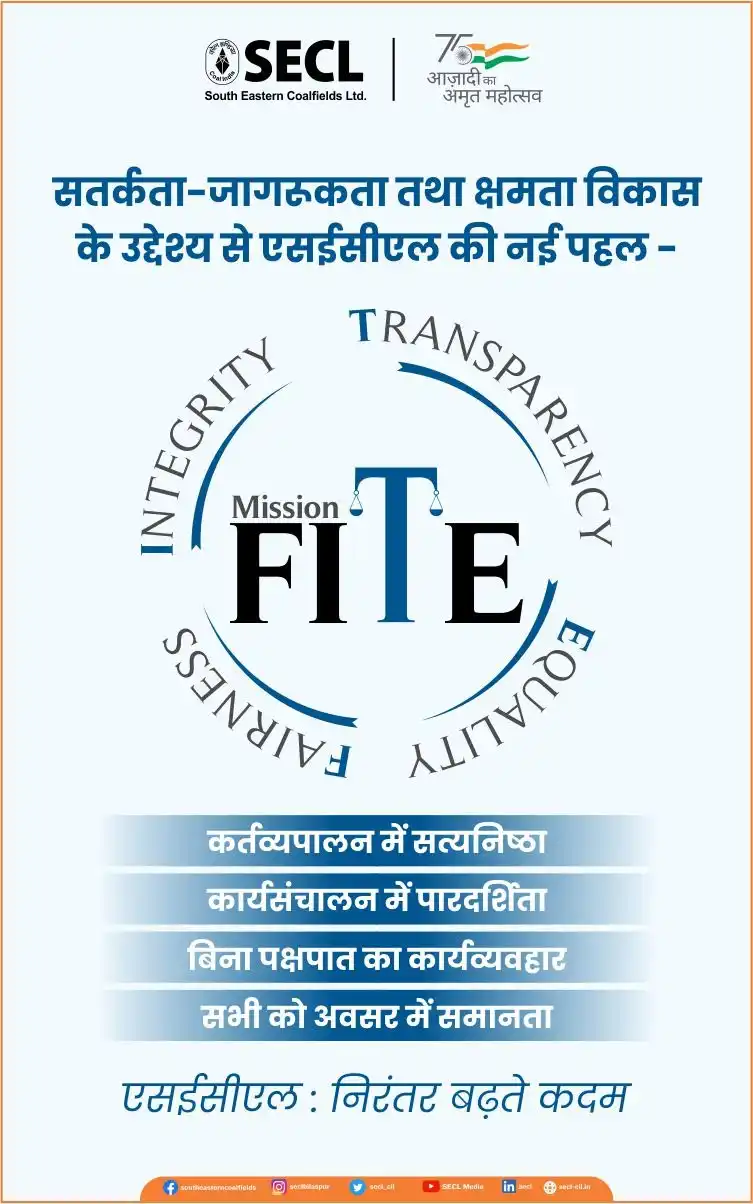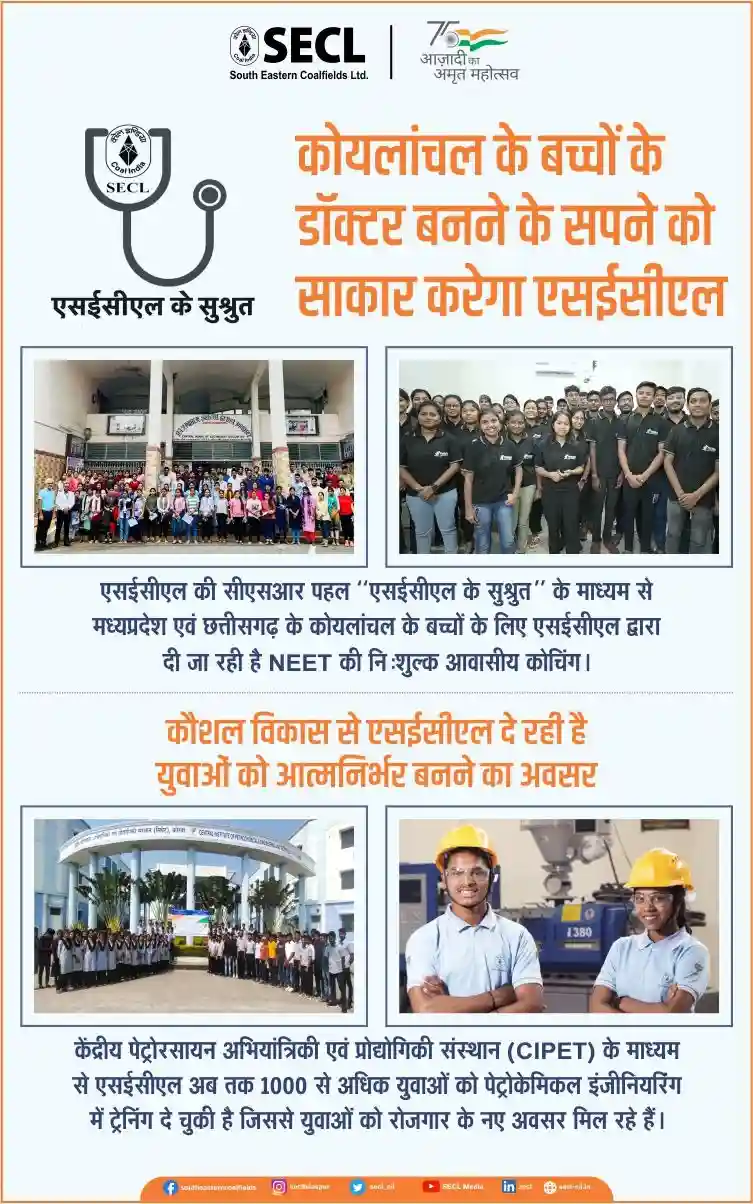The Protection of Interest in Aircraft Objects Bill, 2025, introduced by Minister of Civil Aviation Shri Ram Mohan Naidu, was passed in Lok Sabha on 03.04.2025, following its earlier acceptance in the Rajya Sabha. With both Houses having cleared the legislation, this marks the second major aviation reform passed under the leadership of Civil Aviation Minister Shri Ram Mohan Naidu.
The bill aims to align India’s aircraft leasing and financing ecosystem with global standards and marks a critical step in deepening investor confidence in India’s rapidly growing aviation market.
The Bill builds on the framework of the Cape Town Convention of 2001, which aimed to simplify and standardize international leasing agreements. India formally adopted this convention in 2008, but gaps in legal enforcement led to higher leasing costs—typically 8 to 10 percent higher than other nations. With this bill, India seeks to plug those gaps, providing legal certainty to aircraft financiers and reducing costs for Indian carriers.
Shri Ram Mohan Naidu underlined the urgency behind the legislation and stated “There was a vision behind this leap in civil aviation. There was a mission to fulfill that vision. And to make that mission possible, there was the guidance of our Prime Minister Shri Narendra Modi. The kind of growth we are seeing today was made possible because of his leadership.”
He illustrated this growth with concrete figures. “For almost 65 years—from Independence to 2014—the total number of passengers flying annually in India was 10 crore 38 lakh. In just the next 10 years, that number has more than doubled to 22 crore 81 lakh in 2024,” he said. “Similarly, the number of airports in India increased from 74 in 2014 to 159 in 2024, with two more ready to be launched soon,” he highlighted.
The Minister also spotlighted the increase in the number of aircraft, growing from 340 in 2014 to over 840 by 2024. “These figures show that civil aviation in India is not just growing—it’s booming. No other country has seen this level of aviation expansion in such a short period,” he stated.
The Bill is expected to further ease leasing processes, make India a more attractive destination for aviation investments, and improve the country’s compliance scores under the Cape Town Convention. These changes are essential for reducing airline costs and encouraging new entrants into the sector.
The discussion also touched upon broader issues in the civil aviation sector, such as the high cost of Aviation Turbine Fuel (ATF) which accounts for nearly 45% of an airline’s operational costs. The Minister expressed concern over the variation in ATF tax across states and called for more states to follow the example of those who have reduced their rates. “Reducing these taxes will boost regional connectivity and lower costs for passengers,” he added. Looking to the future, the Ministry of Civil Aviation has set ambitious targets for sustainability and capacity building.
With plans to generate 2.5 crore liters of Sustainable Aviation Fuel (SAF) by 2025 and transition over 100 airports to renewable energy, India is making a strong push toward greener aviation. The sector also faces a growing demand for trained pilots—estimated at 30,000 to 34,000 over the next 10 to 15 years. “We are working on increasing the number of Flight Training Organizations (FTOs) and issuing more commercial pilot licenses annually to meet this demand,” the Minister said.
In conclusion, Shri Ram Mohan Naidu affirmed the government’s long-term vision: “Civil aviation in India is not just about flying planes. It’s about connecting people, boosting economies, and creating opportunities. And we are committed to making India a global leader in aviation.”
















